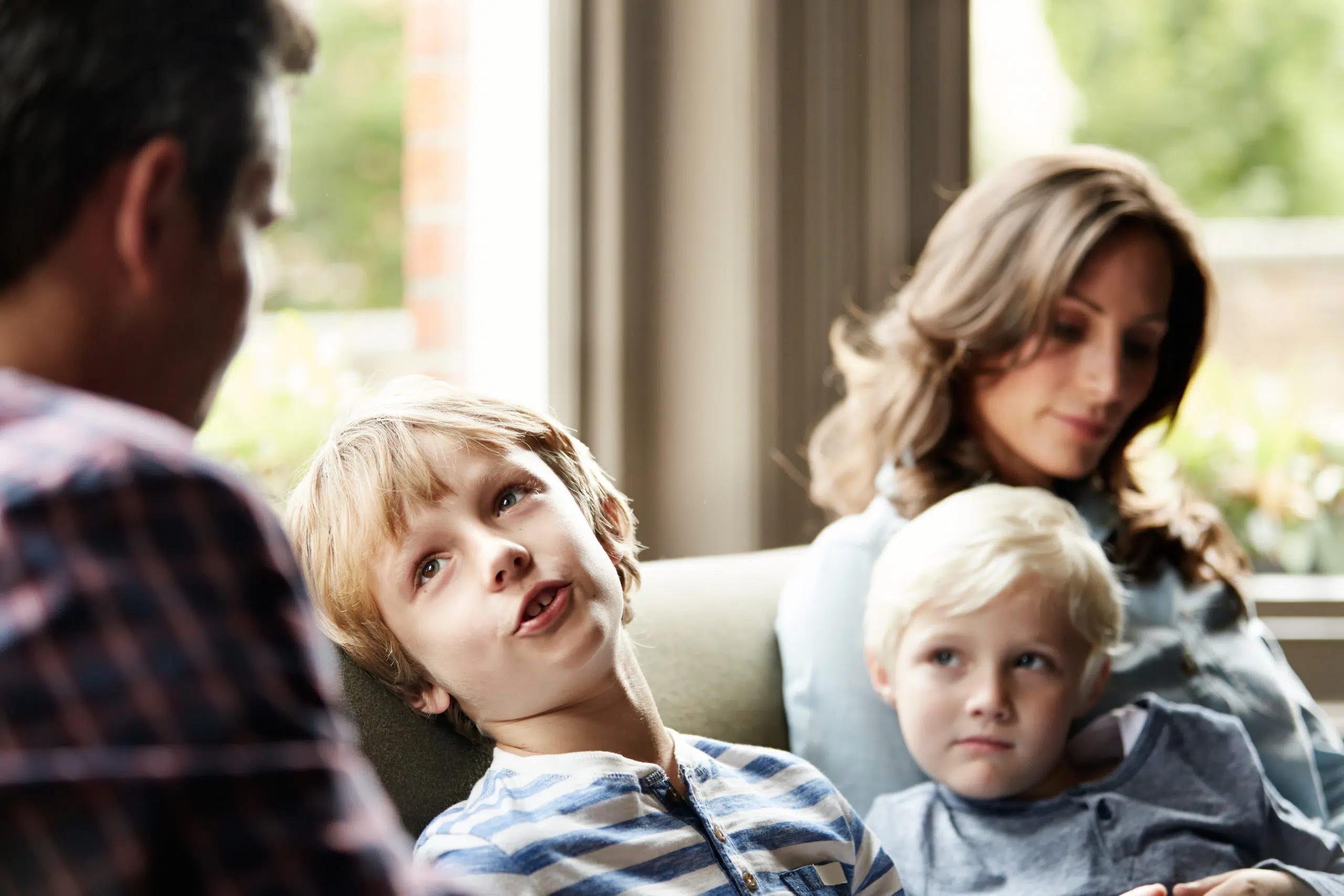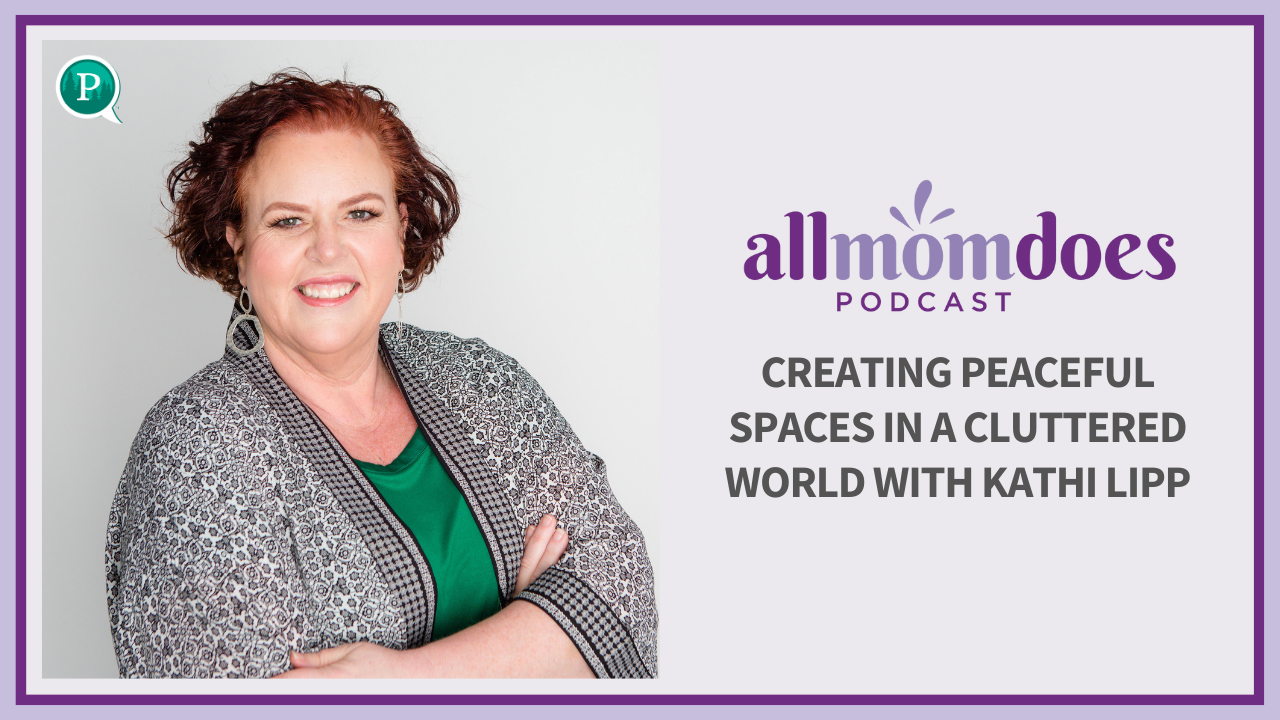This isn’t an easy blog to write. And, I suspect if you’ve struggled with addiction or know of someone who is or has, you know the inner turmoil. Part of me wants to protect my children from even knowing what addiction is. Honestly, that isn’t realistic. Sometimes though, circumstances present themselves much sooner and in a much different way than you expect and you realize the truth in the statement, “being a parent is hard.”
We recently lost someone in our family because of addiction. This loss has opened up a lot of conversation with others close to me that have shared about a struggle in their own lives as a result of addiction. I’m starting to see with fresh eyes how prevalent it is, how much of a stigma it seems to carry and how challenging of a job we have to talk to our children about it in constructive ways.
Here are 5 things we did when we talked with our children about addiction. Note that I’m not a skilled professional in this stuff, just a mom trying to do her best.
- We didn’t lie. When our children asked why our loved one died, we didn’t lie. We didn’t pretend that addiction didn’t exist or wasn’t part of the problem.
- We used words that made sense to them. My children are young right now so we used simple words. We talked about how people sometimes put things in their bodies that are yucky and that hurt them. Things that their bodies don’t like.
- We talked about choice. We shared with them that we all get a choice. Everything we do is a choice and some people choose to do things that hurt their bodies. We talked about how God wants us to take care of our bodies and make good choices to keep our bodies healthy.
- We allowed them to ask questions. We made sure that any question they asked, we answered. Sometimes questions come out of nowhere and they aren’t what we would expect. Things like, “Why didn’t anyone tell him not to drink the yucky stuff?” “Why did he make that choice if he knew it was yucky?”
- We reassured them that their feelings are ok. We made sure that we affirmed whatever they were feeling. Whether they felt sad or confused, we made sure they understood that it is okay to feel those things. You don’t need to bottle those feelings up and hide them, you should express them, share them. We told them that they may see us feeling sad and that’s okay too. If needed, this might be a good place to talk about the benefits of counseling and seeking additional help to understand emotions.
The age of your children will drastically change the conversation. I suspect the type and severity of addiction and how close you are/were to the person will as well.
If you are in the midst of a personal struggle or have someone in your family or friendship circle who is struggling, please know that you are not alone. There is hope to overcome. If you’ve had to have these tough conversations with your kids, we’d love to hear your story. How did it go? What did you learn? Together, we’ll get through this.

















